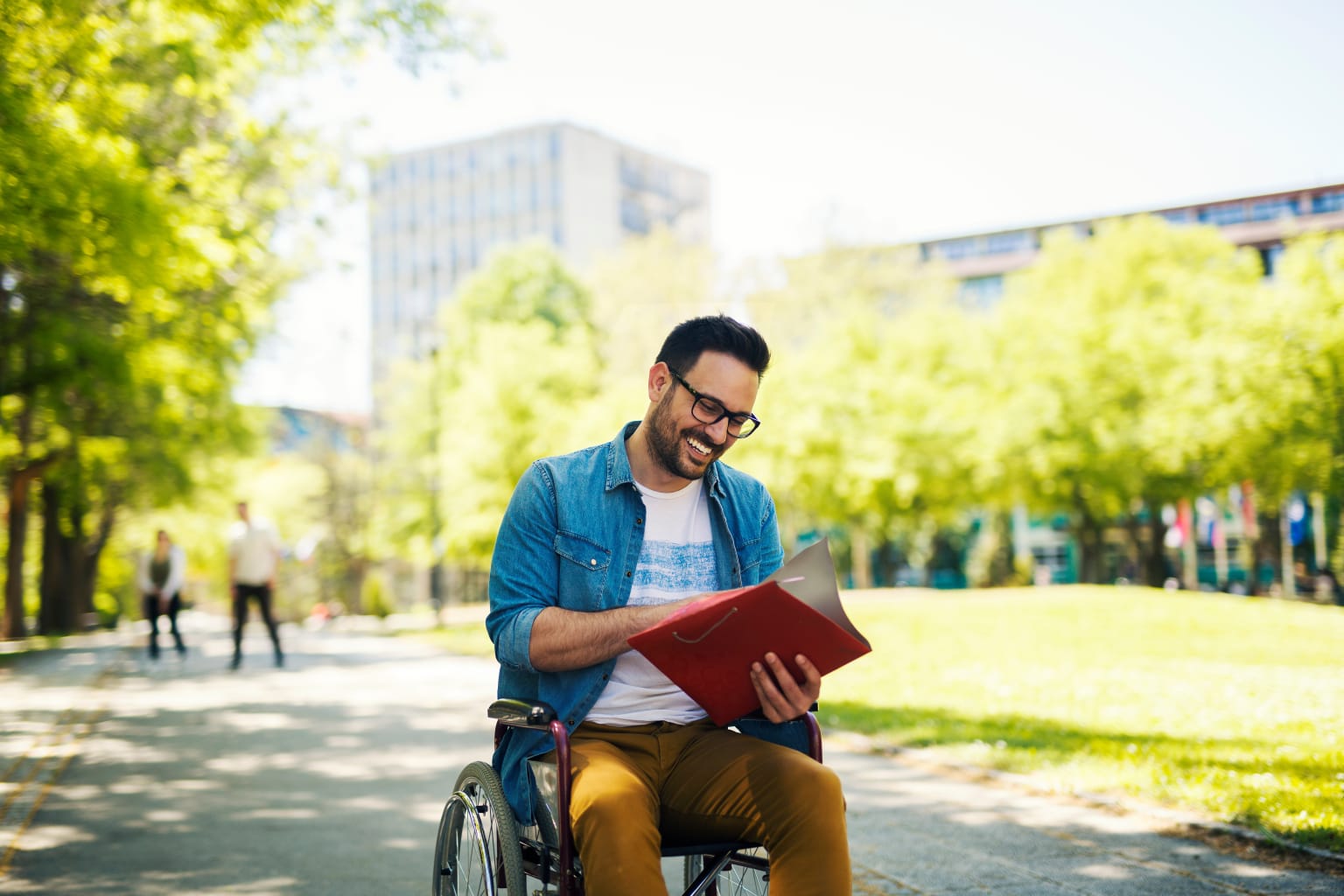AIDE General Social Identity Resources

Mobility, Accessibility, and Disability Abroad
At AIFS Abroad, we want to support all participants in their study/internship abroad journey, inclusive of gender, race, religion, age, physical ability, or sexual orientation. Everyone has a complex identity, and mobility, accessibility, and disability are important factors when deciding on a program location.
Everyone’s experience is unique. We recognize the location you choose can have an impact on your sense of belonging. We encourage you to use the information below as you review your options to select the program and location that will be the best choice for you. If you do not hold the identities that are amplified here, this information is still a great resource for you as well. It will give you a better understanding of those who have this identity.
If you would like to speak with AIFS alumni who share your social identities or one of our AIDE Advocates, you can use the student portal or email us at alumni@aifs.com and let us know. We would be happy to connect you.
Questions to Think About:
- What are the laws regarding disability and access in your host country? Are there protections for discrimination against persons with disabilities?
- What are the social attitudes towards persons with disabilities in your host country?
- Are there advocacy organizations, or accessible establishments, support resources on your host campus or in your host community? Are topics on disabilities openly discussed in your host country?
- How accessible is your host community and host institution? Is the AIFS Abroad office accessible?
- Are you currently registered with the disability office at your home institution, and do you receive accommodations? If so, will similar or the same type of learning, transportation, and/or housing accommodations be possible at your host institution?
- What equipment will you need to bring with you or have access to in order to participate in the program?
- Do you have dietary restrictions that would affect your eating habits while abroad?
- How do new situations affect your condition?
- Do you regularly utilize any health or counseling services at home, and will these be available and covered by insurance abroad?
- If you find something to be offensive, harmful, hurtful or insensitive, what would your reaction be in your home culture, and how would it be in your host culture? Is there anything about your reactions that needs to change or tools you need to explore to navigate the culture you are in?
Tips to Consider While Abroad:
- There are different cultural norms abroad, and people you encounter may be less inclusive than you may expect.
- Integrating yourself in the culture will help you to feel more engaged, but keep in mind that if your appearance is different to the local majority population, your skin tone, hair, or other features may still be highlighted.
- AIFS Abroad staff in-country are there to support you, so don’t be afraid to ask for help. They can provide insight into local cultural norms, connect you with resources in your host community and assist you if you experience challenges.
- Research the history of your host location to familiarize yourself with the region’s legislation regarding disability rights. Understanding how this has changed over time may help you to contextualize some of the complex cultural dynamics you could encounter.
- Research disability and mental health resources on your host campus as well as clubs and organizations that center on the disabled community and mental well-being in your host community.
If you witness or experience discrimination while abroad, we encourage you to report it to AIFS Abroad staff. If you do not feel comfortable reporting to staff on-site – or if the incident involves on-site staff – please email reporting@aifs.com.
Questions and tips include selections from the University of Alabama Capstone International and Michigan State University Office for Education Abroad websites.
Although AIFS Abroad is committed to supporting all students in their study abroad journey, we cannot guarantee that it will be possible to honor all accommodation requests. AIFS staff will review all requests, consult with onsite staff and host institutions and communicate with you throughout this process.
AIFS Abroad Scholarships and Grants
AIFS Abroad offers scholarships and grants for participants. Learn more:
Scholarships & Grants